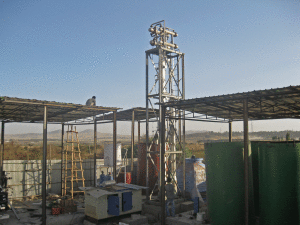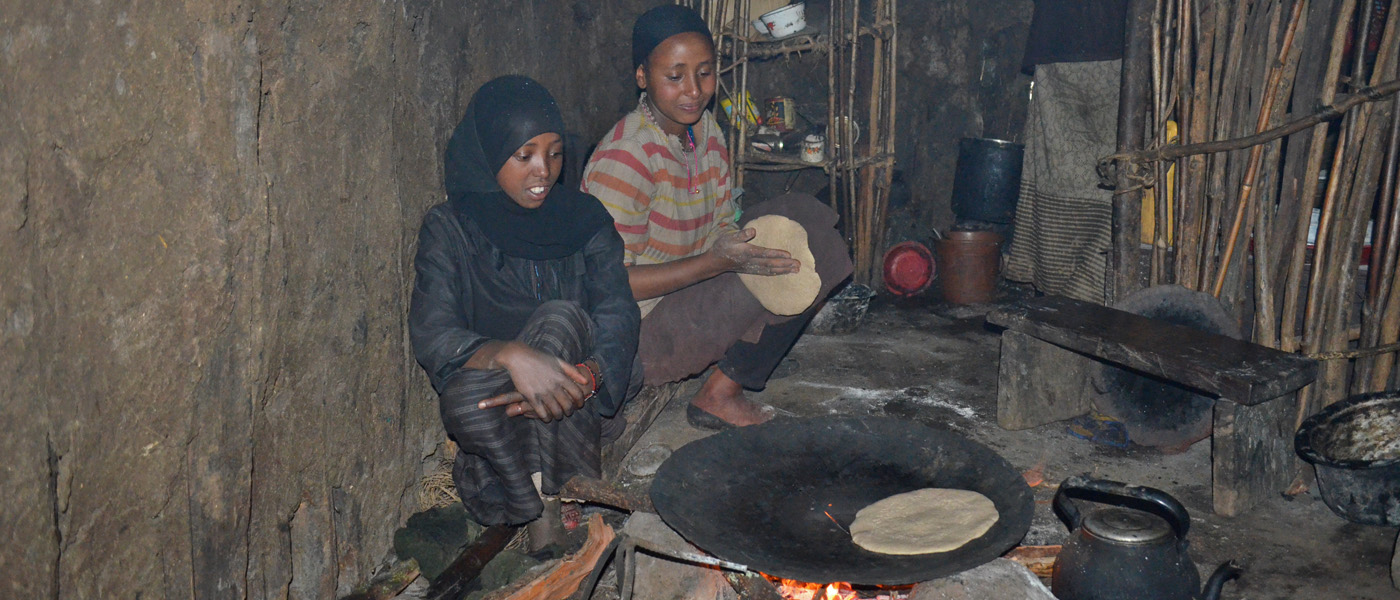New report reveals ethanol’s potential in Ethiopia, highlights barriers to widespread adoption as a cooking fuel, and recommends policy and regulatory changes to support ethanol as an alternative fuel
Project Gaia and its sister organization, Gaia Association, have been working to improve energy access in Ethiopia for over ten years, promoting the use of surplus ethanol produced locally from molasses, a by-product of Ethiopian sugar processing, for cooking. We have conducted several pilot studies with ethanol cookstoves in Ethiopian refugee camps, and as well as with a micro-distillery in Addis Ababa, and the promising results have generated considerable interest from the national government. After a major setback in 2008, when the government cut off the supply for cooking in the camps by diverting almost all domestic ethanol production for use as transportation fuel, enough new distilleries have been constructed to generate a reliable supply of ethanol for both transportation and household use.
Ethanol could provide a viable energy solution for millions of Ethiopian households that remain cut off from the country’s small electrical power grid. According to a new brief just released by our partner Stockholm Environment Institute (SEI), a public/private stakeholder workshop held in Addis Ababa in 2014 by Gaia Association found that the use of ethanol for cooking in Ethiopia would improve quality of life in multiple areas, providing cost savings at both the household and national level (by displacing imported petroleum), improving health, generating new jobs, and reducing deforestation and greenhouse gas emissions.
SEI’s brief quotes a feasibility study carried out by the Strategic Climate Institutions Programme (SCIP) in 2014 in partnership with the Gaia Association, which investigated the potential for small-scale ethanol production and cookstove manufacture in Ethiopia. The SCIP study estimates that the low price and desirability of ethanol relative to other fuel sources could allow it to replace kerosene in 100% of urban households, and charcoal in up to 50% of rural households. The study found that the only feasible market for surplus molasses from Ethiopian sugar production is the household ethanol market, which remains much larger than the market for ethanol as a transportation fuel in Ethiopia.

However, despite the construction of new distilleries, strong local demand for household use, and considerable interest from businesses wishing to produce ethanol for the Ethiopian market, SEI has identified a number of barriers to expanding the use of ethanol for household energy needs in Ethiopia. The most significant obstacle to growth is low profit margins, caused by the government setting an unrealistically low retail price for ethanol. The artificially low price makes it impossible for small-scale producers to cover their costs, or to compete with government-subsidized kerosene. Other barriers include wide variability in the price and availability of molasses, which is the main raw material used in ethanol production, and the high price of ethanol relative to firewood, which is gathered for free and remains the main source of fuel in the economically depressed rural regions of Ethiopia.
Stakeholders interviewed by SEI identified coordinated government intervention as critical to the expansion of ethanol use in Ethiopia. The government has not established a coherent national policy around ethanol, and there is a lack of coordination with private sector partners, such as investors and NGOs. By developing a strategic national policy to support the market for domestic ethanol, with regulatory reform to facilitate private sector participation, regulation of input and output prices, and subsidies for users, ethanol could play a major role in supplying Ethiopia’s growing population with a low-cost, low-impact energy alternative.

